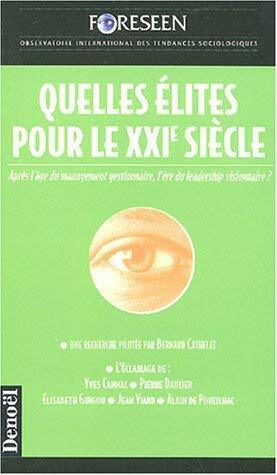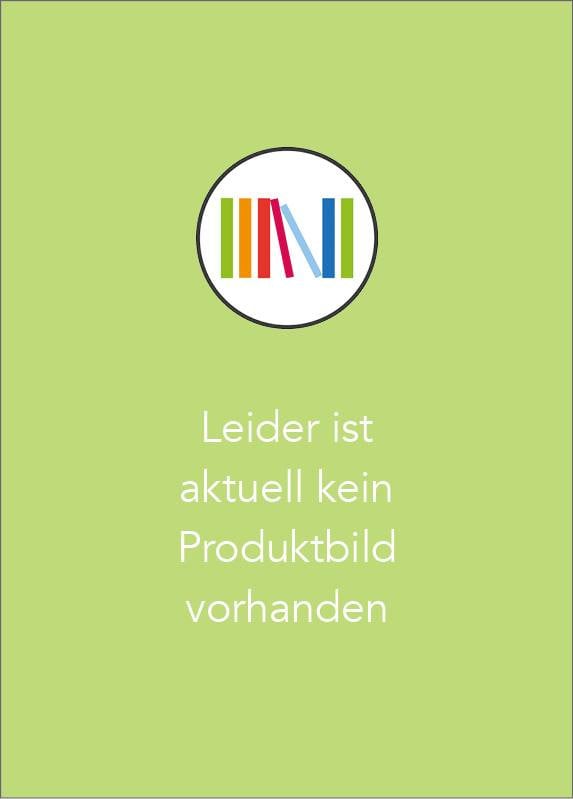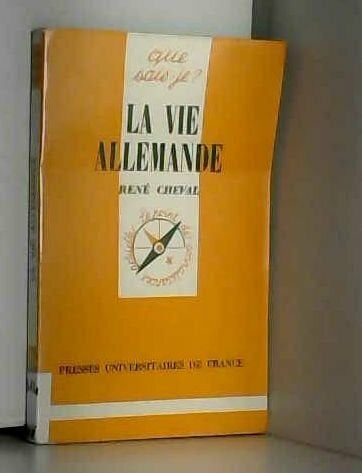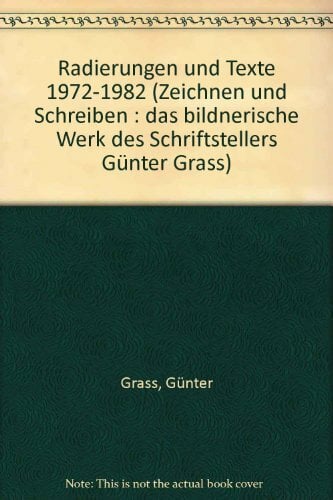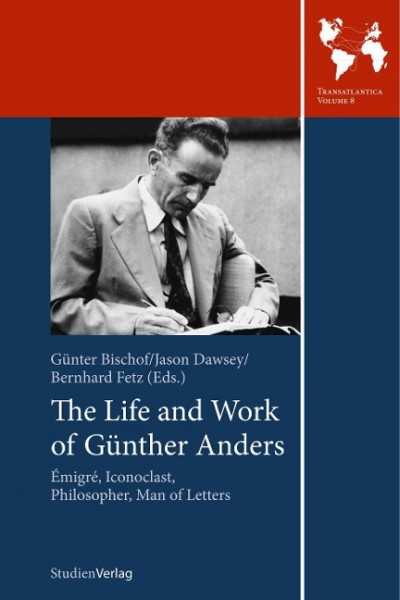
The Life and Work of Günther Anders
Kurzinformation
inkl. MwSt. Versandinformationen
Artikel zZt. nicht lieferbar
Artikel zZt. nicht lieferbar

Beschreibung
Günther Anders (1902, Breslau - 1992, Vienna) studied philosophy with Husserl and Heidegger in Freiburg in the 1920s. Married to Hannah Arendt he worked in Berlin as a journalist and also wrote antifascist literature. He emigrated in 1933, first to Paris, then to the United States, where he worked and lectured at the New School for Social Research. Auschwitz, Hiroshima, and Nagasaki were the major turning points in Anders' philosophical thinking. He returned to Europe in 1950 and settled in Vienna. He was one of the first to critically examine the Austrian victim myth. Increasingly, his primary interest turned to the issue of the growing predominance of technology in human life. In his main philosophical work Die Antiquiertheit des Menschen (1956) Anders developed what he called a 'philosophy of discrepancy,' an analysis of the gap between what we are able to produce and what we are able to imagine. He emerged as a central figure in the European antinuclear movement. He was also a critic of the American aggression in Vietnam. Over a long career stretching almost seventy years, Anders published numerous philosophical essays and diaries, fables, short stories, and poetry. This volume tries to recover and reintroduce the work of "the most neglected German philosopher of the twentieth century" (Jean-Pierre Dupuy). von Bischof, Günter und Dawsey, Jason und Fetz, Bernhar
Produktdetails

So garantieren wir Dir zu jeder Zeit Premiumqualität.
Über den Autor
Gunter Bischof is the Marshall Plan Professor of History and director of Center Austria at the University of New Orleans.Jason Dawsey teaches history at the University of Southern Mississippi. Bernhard Fetz is director of the Literaturarchiv der Osterreichischen Nationalbibliothek and associate professor of German studies at the University of Vienna.

- Audio-CD -
- Erschienen 2013
- HOFFMANN UND CAMPE VERLAG GmbH

- Taschenbuch
- 208 Seiten
- Erschienen 1999
- Lars Müller
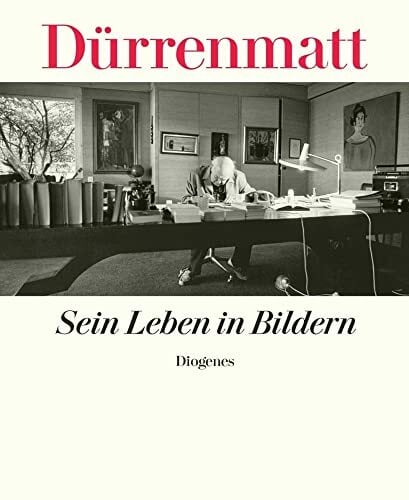
- Leinen
- 376 Seiten
- Erschienen 2011
- Diogenes
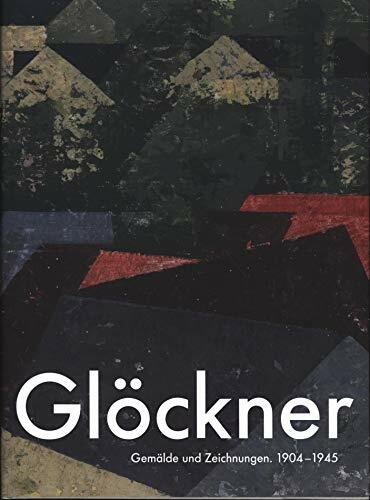
- hardcover
- 308 Seiten
- Erschienen 2010
- Sandstein Kultur

- Gebunden
- 176 Seiten
- Erschienen 2019
- Scheidegger & Spiess



















